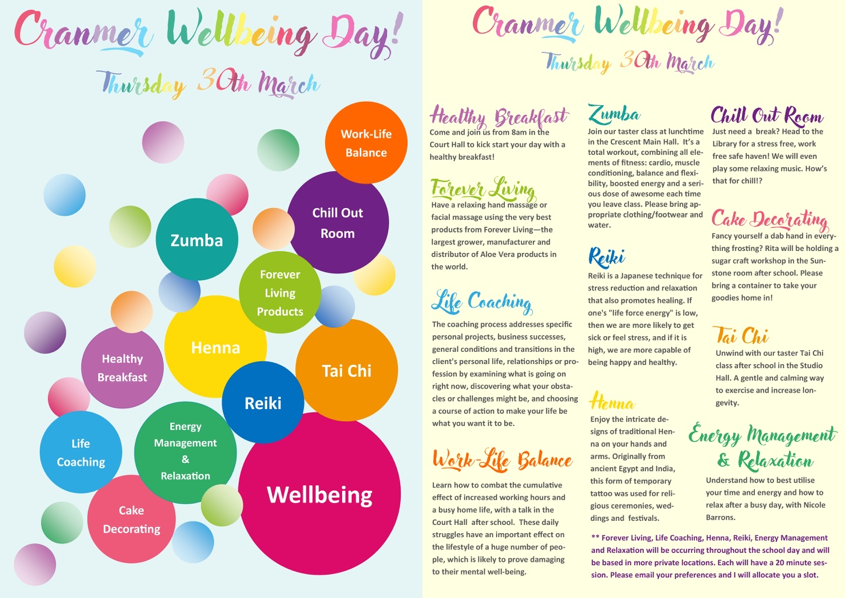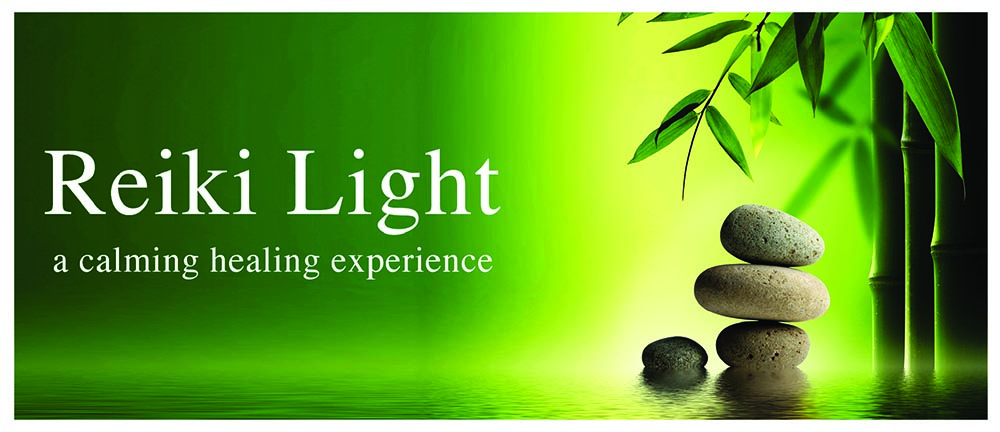Reiki in Schools Project – Cranmer Primary School
I have embarked upon an exciting collaboration with Cranmer Primary School which began in the summer term of 2017.
Following conversations with the Headteacher (herself a Reiki Master Practitioner) about well-being of staff and staff retention, I have been training teaching professionals to Reiki level 1. The aims of this project are for teachers to use Reiki to prepare themselves for teaching and to enhance serenity and well-being within the classroom.
Currently, almost a third of teachers are leaving the profession within five years of qualifying. Well-being of educators is something that we should all be concerned about. Teaching professionals are increasingly involved in the social and emotional well-being of young people. Mental health issues of young people are becoming more of a concern in the primary sector.
It is anticipated that a further professionals will be trained to Reiki 1 level in each academic year.
Reiki in schools project– Wendy Hick, Headteacher, Cranmer Primary School says
“Reiki in schools to enhance teacher and staff well-being
Cranmer Primary School is a large three form entry primary school located in the London Borough of Merton. The organisation has approximately 100 staff members and 710 pupils. I have been the Headteacher of this large primary school since September 2015.
The aim of this short extract is to encapsulate the approach that I am taking to enhance staff well-being.
Vision and Values
“Great leaders have a vision, and the ability to manifest it. Defining your own vision begins with looking and listening. You look and listen to the situation around you, but you also look and listen inside.” Deepak Chopra
Cranmer’s vision: Creating a community of collaborative, caring, creative and critical thinkers.
Values: Trust, Respect and Resilience
A well-crafted vision and clear values are fundamental for all organisations. Even more important is developing this so that all stakeholders ‘live and breathe’ the vision and the values. In my current organisation the school vision and values underpin everything that we do as a school.
Cranmer’s vision and values have been developed and refined with all stakeholders using an inquiry approach. Time and space is purposefully planned to discuss the whole school vision and values as part of a regular cycle of staff meetings to reflect on how our vision is developing and how we can embed it further. As a result, we have developed a culture of collaborative teamwork.
Everything that we do as a school reflects the vision and values. Our vision and values underpin our curriculum; they inform our school development plan and performance management. They are incorporated into assemblies and are reflected in our learning environments. Visitors to school will encounter them in the displays they see on the walls and the conversations they have with the two pupils assigned to meet and greet them on arrival. They will see children developing critical thinking skills, for example, through collective enquiries. Using a stimulus such as a video, an object, a piece of music, an image, and a concept such as love, or beauty, children create an enquiry by asking different types of questions. Our aim is to equip our children, whatever their background, to be able to think for themselves, ask questions, reason, debate and argue logically, developing self confidence and resilience, strengthening their mental and emotional wellbeing.
As a leader I believe that staff-wellbeing is fundamental for the development of a successful school. A caring, nurtured and positive staff group has a direct impact on the well-being of pupils.
Staff Well-being
Teacher well-being is fundamental to the success of schools. Many studies highlight the impact that teacher workload has upon stress levels.
At Cranmer staff well-being is considered paramount. Staff well-being days are held bi-annually, and all new staff have a well-being session as part of our induction programme.
An example of what is on offer during our well-being days is illustrated here. Reiki and mindfulness are offered to staff on an on-going basis.

As a Reiki Master Practitioner myself , (trained by Anne-Marie Carratu), I was keen to undertake an initiative to introduce Reiki into schools. After many discussions with Anne- Marie we embarked upon an exciting and innovative project in which six members of staff were trained by Anne-Marie Carratu to Reiki Level 1; with six more teachers being trained in 2018. We will continue to have teachers learn Reiki Level 1 in each academic year.
Reiki is a Japanese technique for stress reduction and relaxation that also promotes healing.
The impact of the project to date is that the staff who completed the Level 1 training report that they are better able to manage their energy levels and that self-healing has better equipped them for the many demands that are placed upon the teaching profession. The group have created their own regular Cranmer Reiki shares. These occur on a monthly basis. They also offer Reiki to staff.
Visitors to the school often comment upon the calm and harmonious atmosphere in the school. Pupils and staff present as happy, caring and relaxed. Energetically the vibration of the school has been raised.
This approach has had a key impact on the retention of staff, in a climate where teacher recruitment is a National issue. I believe that there is a huge arena for Reiki to become an intrinsic part of teacher welfare and I hope that the Cranmer project is just the beginning of this journey.”

